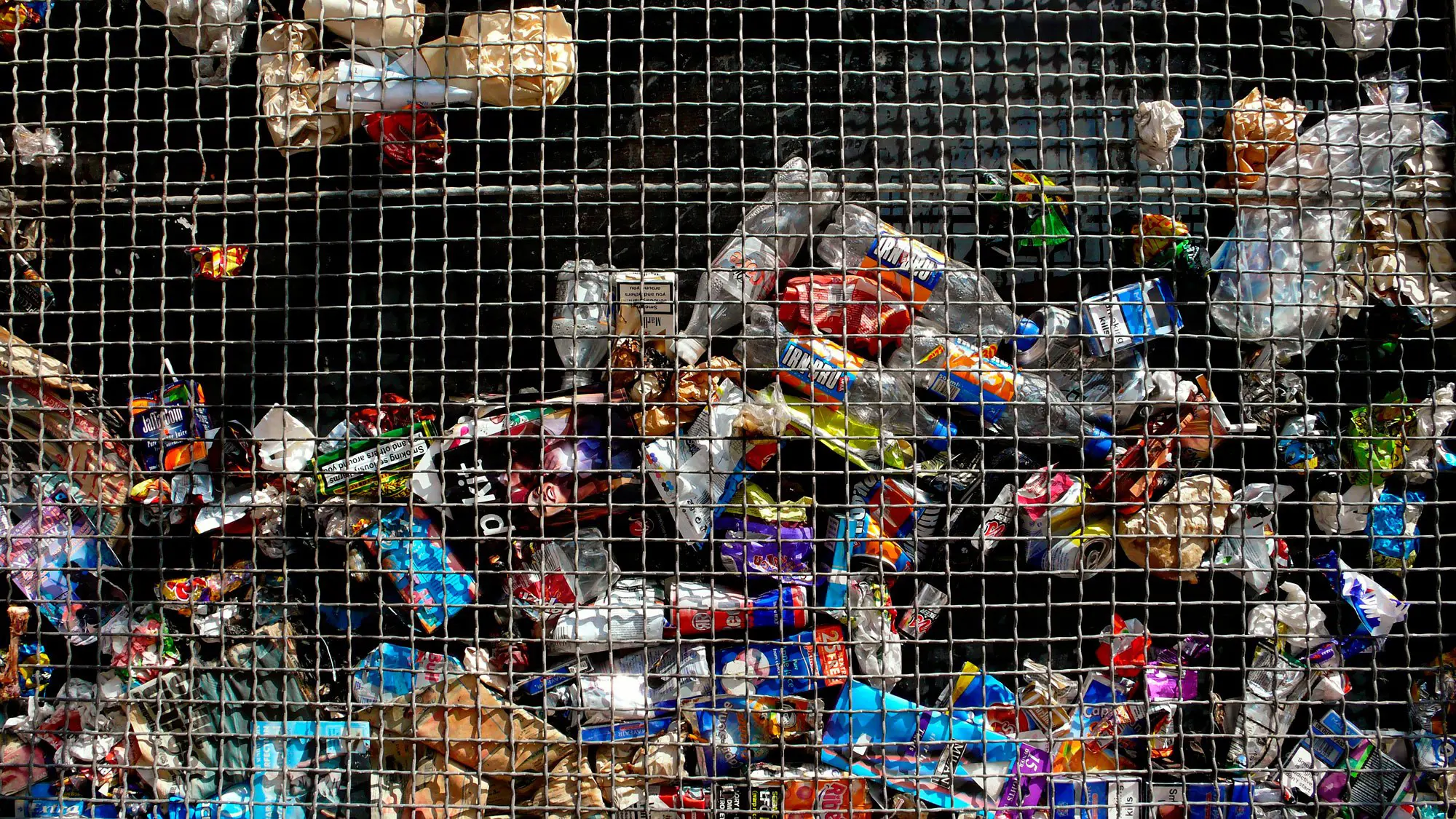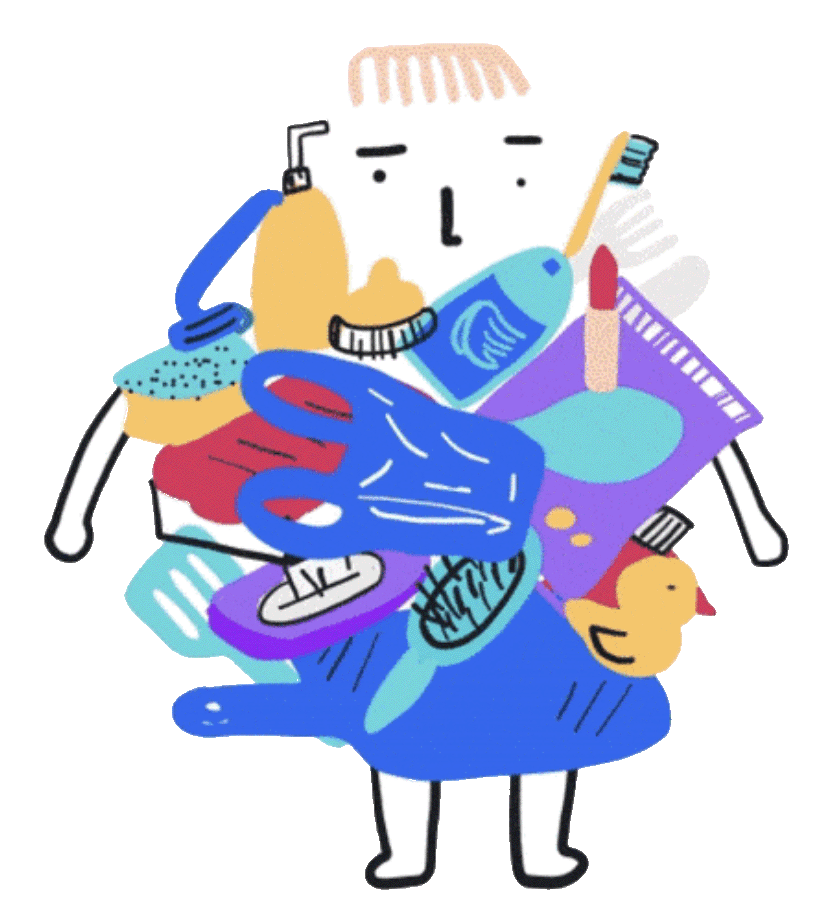These goals are all similar; McDonald’s, Procter & Gamble, Unilever, Coca-Cola and other major companies all promise that by 2025 or 2030, their packaging will consist of 100% of renewable, compostable, or recycled materials. What these companies fail to mention is that plastic production will grow by 40% in the next ten years and that they want to profit from this development. Therefore, the measures proposed by these companies permit unbridled growth in the production of plastic packaging. An absolute reduction in the amount of plastic used is an illusion, and the process of recycling plastic a myth.
The process of recycling plastic is a myth
The problem with recycling plastic is that it doesn’t really happen. It many cases, especially for single use plastic food packaging, it can’t be used to make the same products again; food packaging that is recycled cannot be used again as food packaging. Until 2017, most of the western world’s plastic waste was exported to China to be recycled. China, however, no longer wants our plastic rubbish. The flow of rubbish has shifted to other Asian countries, like Malaysia, Indonesia and Turkey. However, also these countries are beginning to implement restrictions or are closing their borders to foreign plastic waste. Countries need to deal with their own plastic waste. In theory, all plastic can be used again. The suggestion, however, that the issue of plastic pollution can be solved through recycling is a myth. In reality, only 9% of all plastic in use worldwide is recycled, and the majority of this recycled plastic is of inferior quality. The process of recycling is, for the time being, downcycling, which results in an undiminished use of new or ‘virgin’ plastic.
Alliance to End Plastic Waste
At the beginning of 2019, 30 of the world’s top industrial companies formed a partnership, the Alliance to end Plastic Waste (AEPW). During the formation of this alliance, these companies agreed to invest 1 billion dollars in combatting plastic pollution. One of the ways in which the Alliance supposedly does this is through the promotion of more and better recycling, especially in countries which, at present, lack the necessary infrastructure. Oil and gas industry giants such as Shell, ExxonMobil, and Dow are amongst the AEPW, but these same companies profit from the use of cheap shale gas as raw material for plastic, and they invest tens of billions of dollars in new plastic factories. On the one hand, these industry giants act as if plastic pollution can be combatted by recycling. On the other, by swamping the market with virgin plastic, they undermine the business model for recycling in that new plastics are so cheap that recycling is only possible if it is subsidized with taxpayers money.

.png)

.png)
